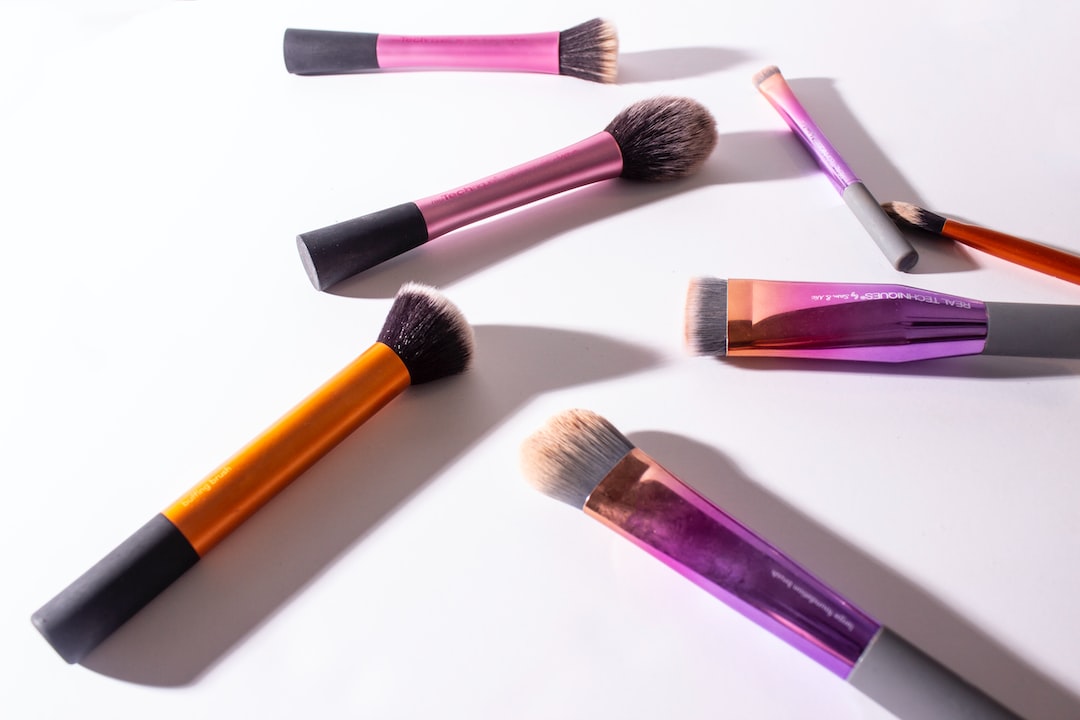The Science Behind Anti-Aging Skincare: Ingredients That Really Work
In a world where aging is inevitable, many individuals are on a constant quest to slow down the signs of aging and maintain youthful-looking skin. From cleansers and serums to creams and masks, the market is flooded with anti-aging skincare products. But what truly separates effective skincare from mere marketing gimmicks? The answer lies in the science behind the ingredients.
Retinoids, such as retinol and tretinoin, are renowned for their anti-aging properties. These compounds are derivatives of vitamin A and work by promoting cell turnover, stimulating collagen production, and reducing the appearance of fine lines and wrinkles. A study published in the Journal of Clinical and Aesthetic Dermatology found that retinoids can significantly improve skin elasticity, firmness, and texture.
Another key ingredient that has shown promising results is hyaluronic acid. This naturally occurring molecule is known for its ability to retain moisture, making it an excellent hydrating agent. As we age, our skin tends to lose moisture, resulting in dryness and the appearance of fine lines. By incorporating hyaluronic acid into skincare products, the skin’s moisture barrier is replenished, resulting in plumper, more youthful-looking skin.
Peptides are also gaining popularity in the world of anti-aging skincare. These tiny protein fragments have been shown to stimulate collagen production, which is crucial in maintaining skin’s elasticity and firmness. Studies have shown that peptides can help reduce the appearance of wrinkles and improve overall skin texture. Additionally, peptides can potentially aid in wound healing and reducing inflammation, making them a versatile ingredient in skincare formulations.
Antioxidants, such as vitamins C and E, are essential in fighting the signs of aging. These powerful molecules help neutralize free radicals, which are unstable molecules that damage cells and accelerate aging. Vitamin C, in particular, plays a vital role in collagen synthesis and can help brighten the skin. A study published in the American Journal of Clinical Dermatology demonstrated that topical application of vitamin C can improve the appearance of wrinkles, texture, and overall skin tone.
Niacinamide, a form of vitamin B3, is another ingredient that has shown tremendous anti-aging potential. This multifunctional compound has been found to improve skin elasticity, reduce hyperpigmentation, and strengthen the skin barrier. A study published in the International Journal of Cosmetic Science reported that niacinamide can help reduce the appearance of fine lines and wrinkles, as well as visibly improve skin tone and texture.
In recent years, the skincare industry has witnessed the rise of plant-based ingredients. One such ingredient is green tea extract, which is rich in antioxidants known as catechins. Green tea extract has been found to have anti-inflammatory and photo-protective properties, making it an effective ingredient in anti-aging skincare. Studies have shown that green tea extract can help mitigate the effects of UV radiation, reduce redness, and improve the overall health and appearance of the skin.
While there is no magic potion that can completely reverse the aging process, incorporating these scientifically backed ingredients into your skincare routine can undoubtedly help slow down the signs of aging. Remember, finding the right combination of ingredients that work for your skin is key. Consult with a dermatologist or skincare professional to tailor a regimen that suits your specific needs and goals.
Ultimately, investing in high-quality skincare products that contain these effective ingredients can make a noticeable difference in your skin’s appearance and overall health. By understanding the science behind anti-aging skincare, you can make informed decisions when selecting products that truly work and deliver the desired results. Embrace the power of science and maintain a youthful glow for years to come.

